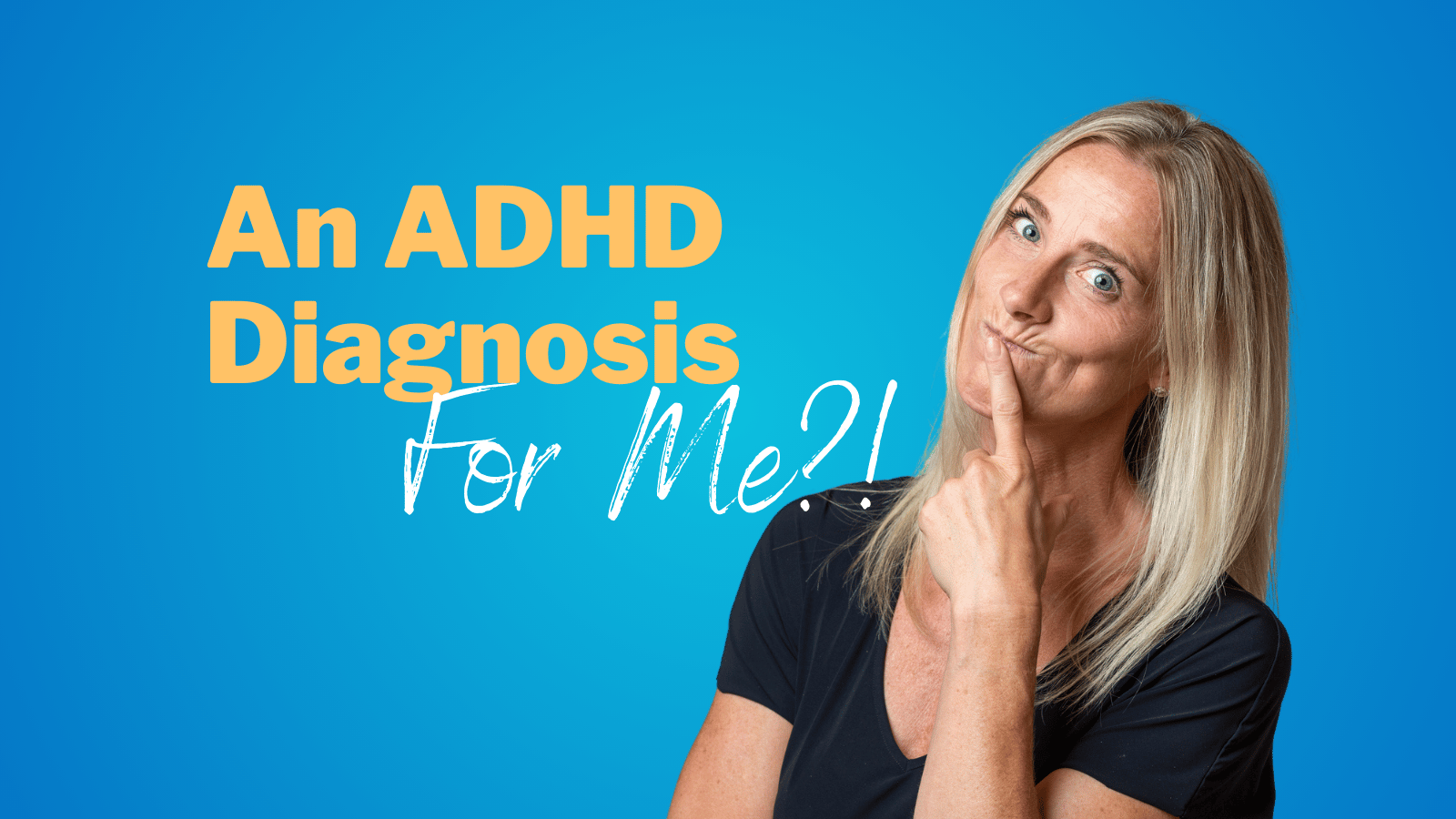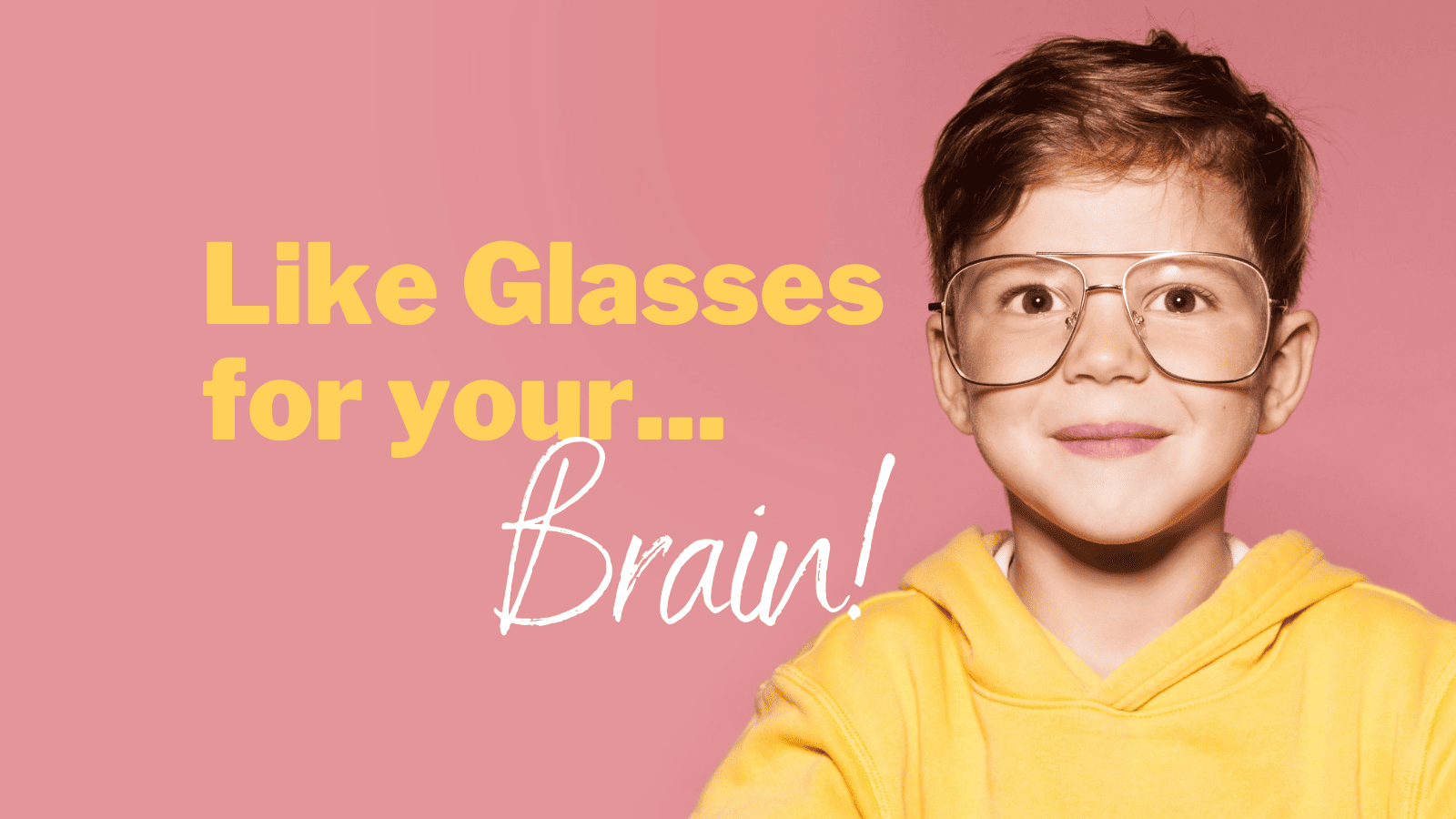Self-Advocacy When You are a Newcomer
Canada has a long history of immigration. Millions of people worldwide have chosen, and continue to choose, Canada as their new home. In 2021, more than 8.3 million people, or almost one-quarter (23.0%) of the population, were, or had ever been, a landed immigrant or permanent resident in Canada, according to Statistics Canada.
Moving to a new country is a challenging step in one’s life, regardless of your background or reasons for the move. Leaving behind everything familiar and adjusting to a new place, people, and society can be daunting. However, you are not alone in this journey. Your resilience and determination will guide you through these challenges.
In the Beginning
In the early stages of settlement, we focus on fulfilling our primary needs and navigating a new system to find a job or education, depending on the case. Families with children must also learn about the local education system, how to enrol their children and the range and limits of teacher responsibilities.
If your child has been diagnosed with a learning disability before coming to Canada, rest assured that support is available for you and your family. However, you must be proactive in sharing the diagnosis and participating in the support process, as resources are not always centralized. Nonetheless, numerous resources are available to support you and your child, and we are here to guide you in accessing them.
Landed immigrants with higher levels of education and language skills generally do not face significant challenges in supporting themselves and their family members in their journey of self-advocating for learning disabilities. However, numerous barriers impact other newcomer families when navigating the system to find services and resources related to learning disabilities.
What is a Learning Disability?
“Learning Disabilities refer to a number of disorders that may affect the acquisition, organization, retention, understanding, or use of verbal or nonverbal information. These disorders affect learning in individuals who otherwise demonstrate at least average abilities essential for thinking and reasoning. Learning disabilities are distinct from global intellectual deficiency” (Learning Disabilities Association of Canada). This means that a child is able to learn quite well – they are not ‘disabled’ from learning – though their brains process information differently enough that they often encounter difficulties in school settings.
Alberta Family Resource Networks
A good starting point for newcomer parents of young children living in Alberta is to connect with the Family Resource Networks (FRN), which deliver prevention and early intervention services and support for children and youth aged 0 to 18 and their families. Services are offered in-person and virtually to communities across Alberta. In addition to onsite programs, home visitation programs support literacy and the healthy development of young children, and they can come to you at your place. These programs usually have screening tools such as ASQ: The Ages & Stages Questionnaire, a developmental screening tool that pinpoints developmental progress in children between one month and 5 ½ years. Depending on the provider, first language support is also available through program staff or qualified interpreters.
Community Health Centers
If family programs are not an option for you, connecting to the Community Health Centre in your area is essential. As a parent, you know best about your child, so don’t hesitate to share any concerns and ask as many questions as you need. Interpretation is readily available through Alberta Health Services.
Once health staff have assessed the need for a screening, you will be referred to the appropriate health care provider. Be aware of the wait times, which can take several months. Please be patient but remember that you might need to seek help from various sources in this process. You are the advocate for your child, and even though you will find many people to support your journey, you are the one in charge. Your advocacy is crucial in ensuring your child’s needs are met, and we believe in your courage and ability. You lead, we follow.
Settlement Agencies
As a newcomer, you can access support through settlement agencies, where counselors can assist in completing documents and forms, and can also refer you to community programs, including family counseling.
We Can’t Wait for an Assessment!
There are instances when family doctors prefer to wait to refer for further assessments. Early intervention is crucial, and you don’t have to wait until your child starts school. You can ask for a second opinion from another doctor, seek advice from a community resource agency or see a private psychologist. Psychology fees can be claimed through workplace benefits plans and your income tax.
Depending on the final diagnosis, you might need to see different kinds of specialists, such as behavioral therapists, speech therapists, learning strategists, psychologists, and so on. You can also access support from a social worker depending on your family’s needs.
My Child Doesn’t Need a Label
It’s important to note that awareness and perception of learning disabilities vary between societies and are sometimes not widely acknowledged. Due to cultural pressure, some people may choose isolation and denial, and consciously avoid seeking services or diagnosis because they fear their children will be labeled. It’s crucial to remember that if your child has a learning disability, it simply means that their learning process is different, and they need support for learning. In fact, without a diagnosis, they will not be eligible to receive supports at school. Your child with a learning disability is capable and can be as successful as they want to be but they will need your support and advocacy.
If your child is a preschooler and has been diagnosed, their learning needs can be addressed through special programming at a preschool center. School-aged children can access intervention, accommodations and special programming through the school boards. It’s important to work closely with the educational institution to support your child’s educational journey. Your involvement is key to their success. Your advocacy is crucial to achieving their life goals.
About the Author
Luz Buritica is the Coordinator of Home Instruction for Parents of Preschool Youngsters (HIPPY) at the Calgary Immigrant Women’s Association (CIWA). Originally an engineer in Colombia, she joined the HIPPY program as a Mom a year after arriving in Canada. The program had a positive impact on her life, helping her daughter develop cognitive skills through simple and enjoyable activities. After two years as a HIPPY mother, Luz became a Home Visitor, supporting and empowering other families. Her experience led her to become a team leader and take on the coordinator position in 2015.
CIWA supports immigrant and refugee women, girls and their families. They offer more than 50 programs that can support individuals with settlement needs, language and employment training, family matters, seniors’ services, career and entrepreneurship, and mental health.








